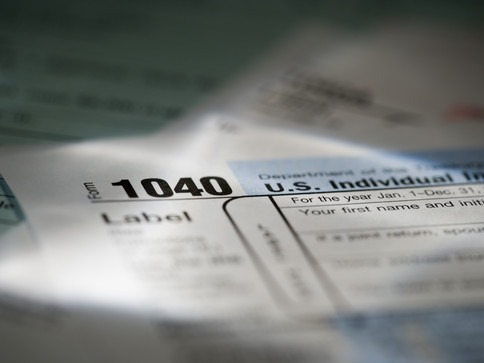It seems that no American can avoid the United States Internal Revenue Service (IRS), even if he or she is a resident of Japan. All American expatriates who are living in Japan are required by law to file for taxes, regardless of where they live and even if they think they might not owe as much as a penny. Keep in mind that this does not necessarily mean that all Americans will end up owing money to the US government for there are foreign tax credits in place that can reduce or eliminate any possible taxes owed. The main point for readers is to go to the trouble of actually filing to avoid any complications or problems.
America’s Internal Revenue Service, popularly known simply as the “IRS,” prefers that all the collective global income of U.S. taxpayers must be firmly within its purview and grasp. If you are an American living in Japan then you are likely still under the proverbial thumb of the IRS. Essentially, if you have a substantial presence in a foreign country where you make your money every year, your income is thus subject to American taxation. The many examples include salaries, wages, dividends, interests, capital gains, revenue from a business, unemployment compensation, rental income and, honestly, practically any and every way to make a buck (or a yen)…
Conveniently, (for the IRS), there is a program in place to help get people caught up by filing 3 years worth of back taxes. Innocuously referred to as the “The IRS Fresh Start” program, it makes it easier for U.S. taxpayers to pay up on delinquent taxes (and avoid very intrusive and effective tax liens that can be put in place).
In order to ensure that compliance is in place, back in 2010 the IRS created what they named the “Foreign Account Tax Compliance Act” (or FATCA). If you are an American who lives abroad, whether as a citizen or as a holder of a prized green card, you must file on or before the June 15th deadline. As we are now fast approaching this date, it would be in your best interest to file for an extension at the very least. The bit of good news is that you will receive credit for taxes already paid in Japan.
You will assuredly be also mandated to turn in form 8938 in which all foreign stocks, bonds, bank deposits and other financial assets of yours are accounted for. (Note that this report pertains to foreign assets over a certain threshold and does not apply to every American living in Japan.) Understand that you would be wise to not ignore filing because under FATCA Japanese banks are required to report to the IRS. If you’ve been living abroad under the comfortable assumption that you are immune to all this, even if you have called Japan “home” for decades, even if you have not had any contact from the IRS, you might be in for one rude awakening if you live not just in Japan but in a state of denial as well…



